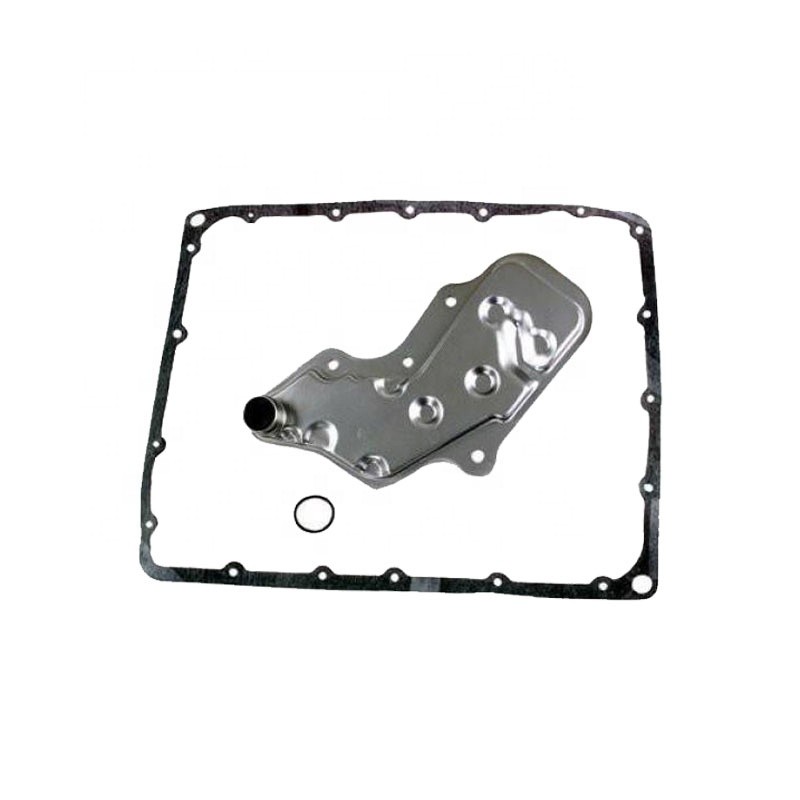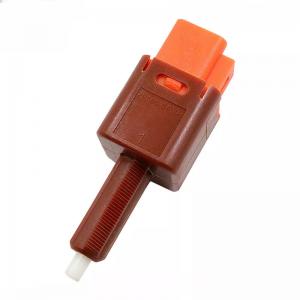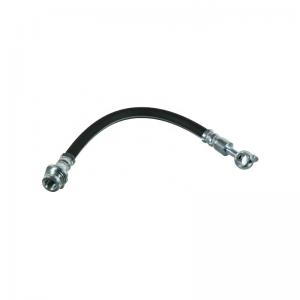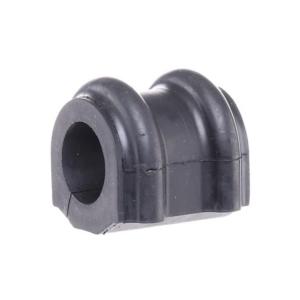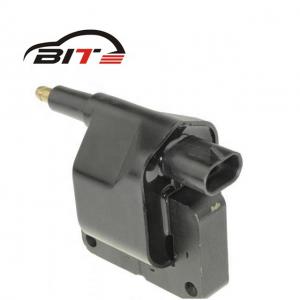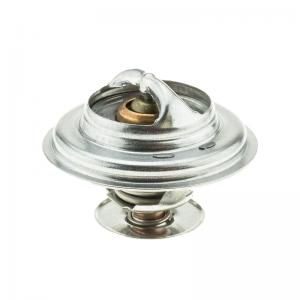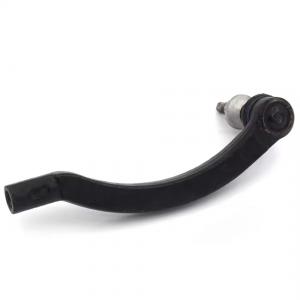TransmissionAn Oil Filter
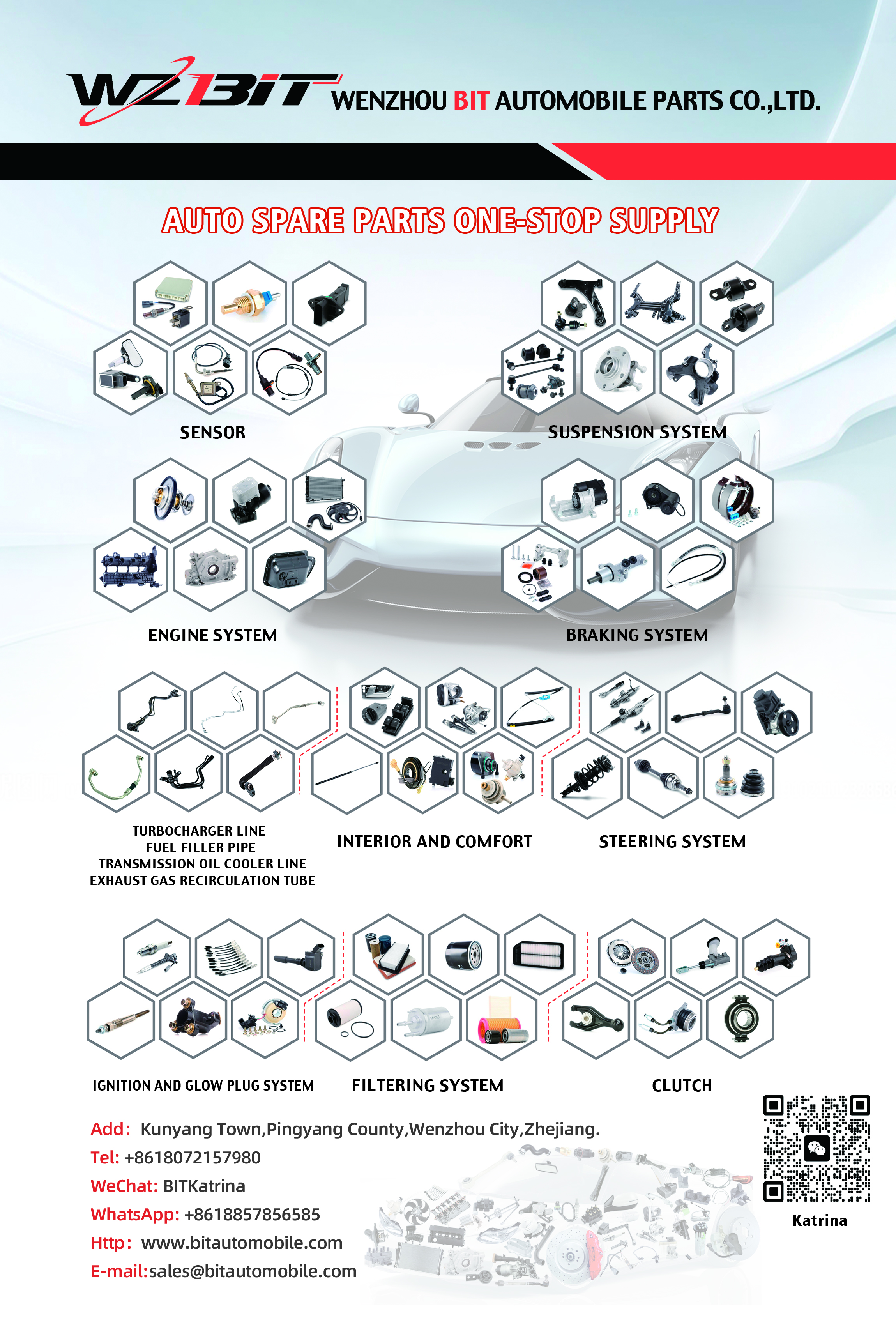
An oil filter is an essential component in a vehicle's lubrication system, designed to remove contaminants from the engine oil as it circulates through the engine.
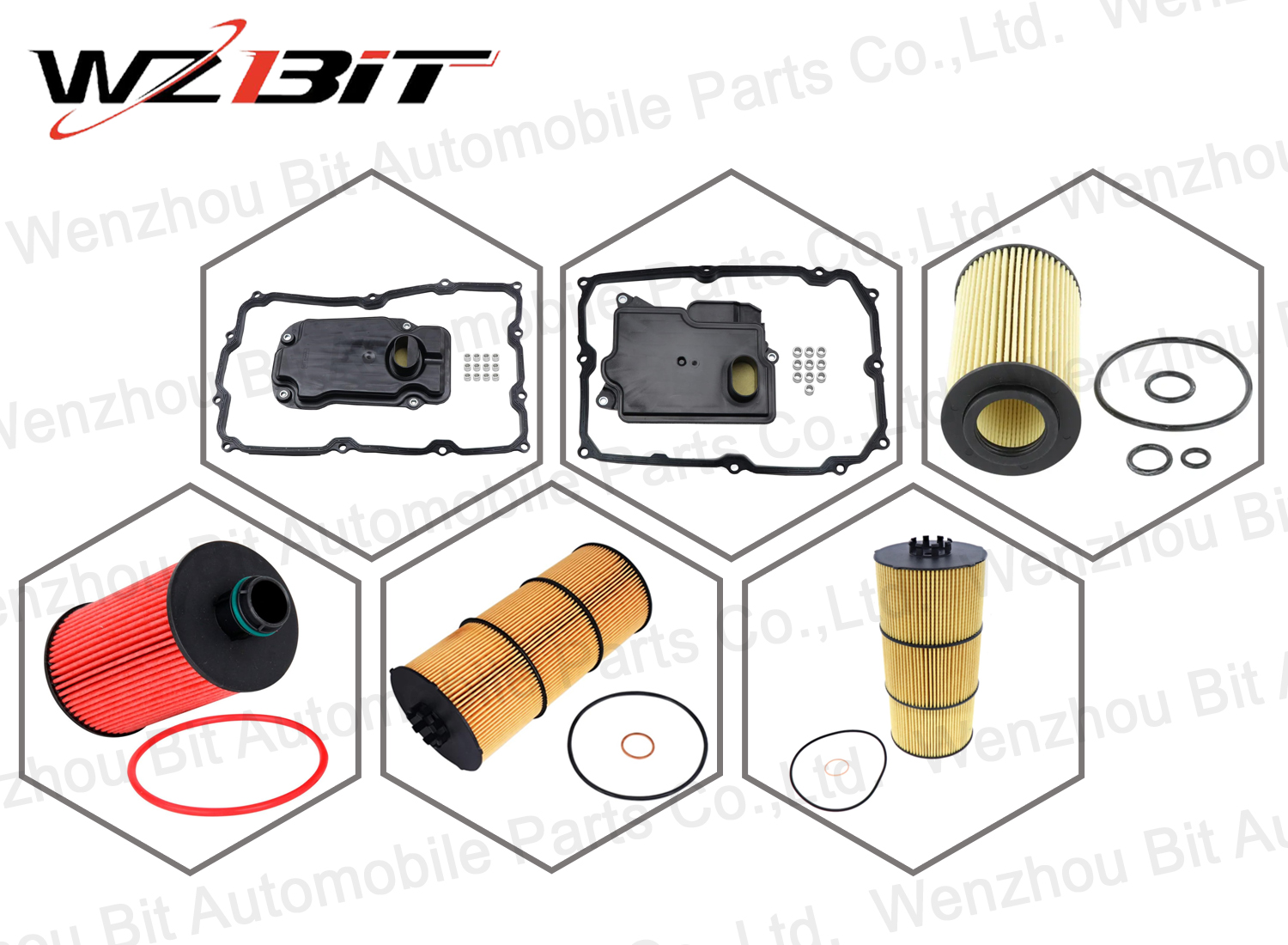
OE Number
| 25313829 |
| BV1119815 |
| BV6519815 |
| 8944835670 |
| BV56-19-815 |
| 31728-41X03 |
| 31728-41X01 |
Compatible Applications
MAZDA B2600 1992
MAZDA MPV 1989-1998
NISSAN D21 PICKUP 1992
NISSAN FRONTIER 2000
NISSAN PATHFINDER 1988-2000
NISSAN PICKUP 1995
Function
The primary function of an oil filter is to trap and remove impurities and debris from the engine oil. As engine oil circulates through the engine, it picks up contaminants such as dirt, metal particles, and sludge. These contaminants can be detrimental to the engine's performance and longevity if allowed to accumulate.
Construction
Oil filters typically consist of a cylindrical housing with an inlet and outlet for oil flow. Inside the housing, there's a filter medium made of materials like cellulose, synthetic fibers, or a blend of both. This filter medium allows oil to pass through while capturing particles as small as 25 microns (and sometimes even smaller).
Types of Oil Filters
1. Mechanical (Cartridge) Filters: These filters use a replaceable cartridge containing the filter medium. When the filter is replaced, the entire cartridge is swapped out.
2. Spin-On Filters: These are the most common type, where the filter medium is housed within a metal canister that screws onto the engine block. When the filter is replaced, the entire canister, including the filter medium, is replaced.
Importance
1. Engine Protection: Clean oil is crucial for lubricating engine components and reducing wear and friction. A functioning oil filter helps maintain oil cleanliness, thereby protecting critical engine parts.
2. Performance: Properly filtered oil ensures optimal engine performance by maintaining proper lubrication and cooling properties.
Maintenance
Regular oil changes include replacing the oil filter to ensure effective filtration. The frequency of oil and filter changes depends on the vehicle manufacturer's recommendations, driving conditions, and the type of oil used.
Replacement
During an oil change, mechanics typically replace the oil filter to ensure continued effectiveness in removing contaminants and maintaining oil quality.
In summary, an oil filter is a vital component that ensures engine oil remains clean and free from harmful contaminants, thereby contributing to the overall performance, efficiency, and longevity of the engine. Regular maintenance and timely replacement of oil filters are essential for optimal engine health.
Send your message to us:


